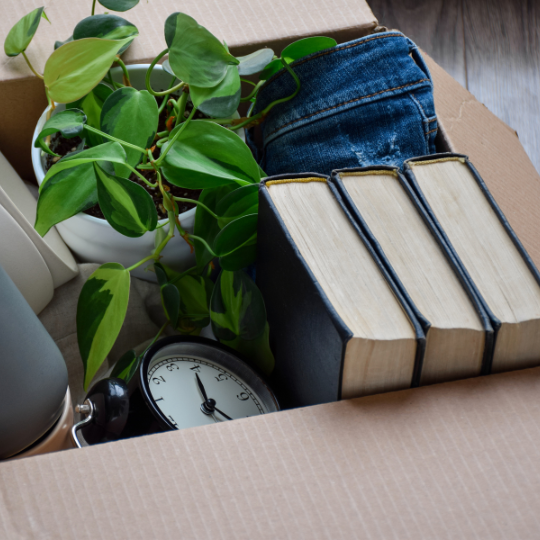13 Sep 2024
A First-Time Homebuyer Guide: Essential Tips for Buying Your First Property

You’ve spent years saving, and now you’re finally ready to take the plunge into the exciting world of homeownership. But as thrilling as buying your first home can be, it can also feel daunting. With so many steps involved and terms to understand, where do you even begin?
In this first-time homebuyer guide, we’ll walk you through the essential tips for buying your first house. From understanding mortgages to knowing what benefits you qualify for, this guide has everything you need to start your journey with confidence.
One of the first things you’ll encounter when buying a home is the need for a mortgage. But what exactly is it?
A mortgage is a long-term loan offered by a bank or building society to help you purchase a property. The loan is typically repaid over 25 to 40 years, along with interest. The interest rate can vary depending on your lender and financial situation, which is why it’s essential to shop around for the best mortgage rates for first-time buyers.
When applying for a first-time buyer mortgage, you’ll need to demonstrate that you can afford the repayments, so make sure you’ve factored in both the loan amount and the interest.
What are interest rates?
Interest rates are the additional cost of borrowing money. When you apply for a mortgage, the bank will charge interest on top of the loan amount. Interest rates can be either fixed or variable:
Fixed-rate mortgages: Your interest rate stays the same for a set period, usually between 2-5 years. This gives you the certainty of knowing exactly what your repayments will be.
Variable-rate mortgages: Your interest rate can change based on market conditions, which means your payments could go up or down.
One of the most frequently asked questions is, "How much deposit do I need?" In Scotland, first-time buyers are typically required to put down at least 5% to 10% of the property's value as a deposit. The larger your deposit, the better your mortgage rates will likely be.
For example, if you're purchasing a property for £100,000, a 10% deposit would be £10,000. Many first-time buyers take advantage of first-time buyer schemes that allow them to buy a home with a lower deposit, so it’s worth exploring your options.
When applying for a first-time buyer mortgage, these are the steps to consider:
Check your credit score: A good credit score will improve your chances of getting a better mortgage deal.
Speak to a mortgage adviser: They will assist you in navigating the mortgage process and compare various lenders to secure the most competitive rates for your needs.
Get a decision in principle (DIP): This is an estimate from the lender showing how much they’re willing to lend you based on your current financial situation.
Once you’ve done this, you can start looking at properties that fall within your budget.
Buying your first home comes with certain perks. For example, in Scotland, first-time buyers are exempt from LBTT (Land and Buildings Transaction Tax) on the first £175,000 of the property’s value. This can significantly reduce your upfront costs.
You may be wondering, "Who qualifies as a first-time buyer?" To be considered a first-time buyer, you must not have owned a residential property before, either in the UK or abroad. This status is important because it affects your eligibility for certain benefits, such as first-time buyer schemes or tax exemptions.
Here are some final tips to make your first home purchase as smooth as possible:
Research the market: Understanding the local property market will help you make informed decisions.
Plan for extra costs: Remember that there are additional costs such as solicitor fees, surveys, and moving expenses.
Think long-term: Consider how your life might change in the next 5-10 years, and choose a home that fits those needs.
If you're feeling overwhelmed or unsure where to begin, why not attend one of our First-Time Buyer Days? Our expert advisers will be on hand to guide you through the home-buying process, answer your questions, and help you find the best mortgage options available.